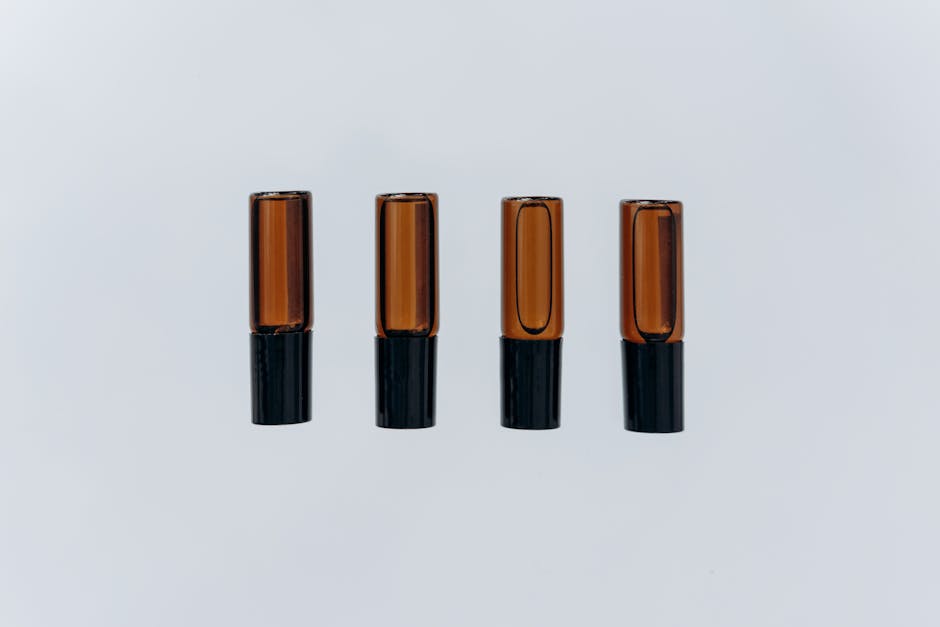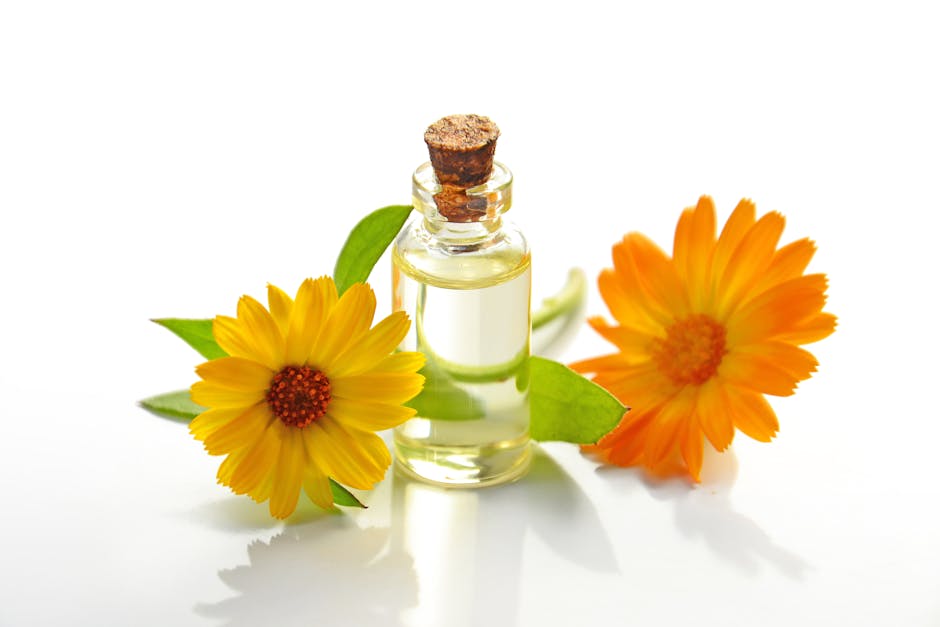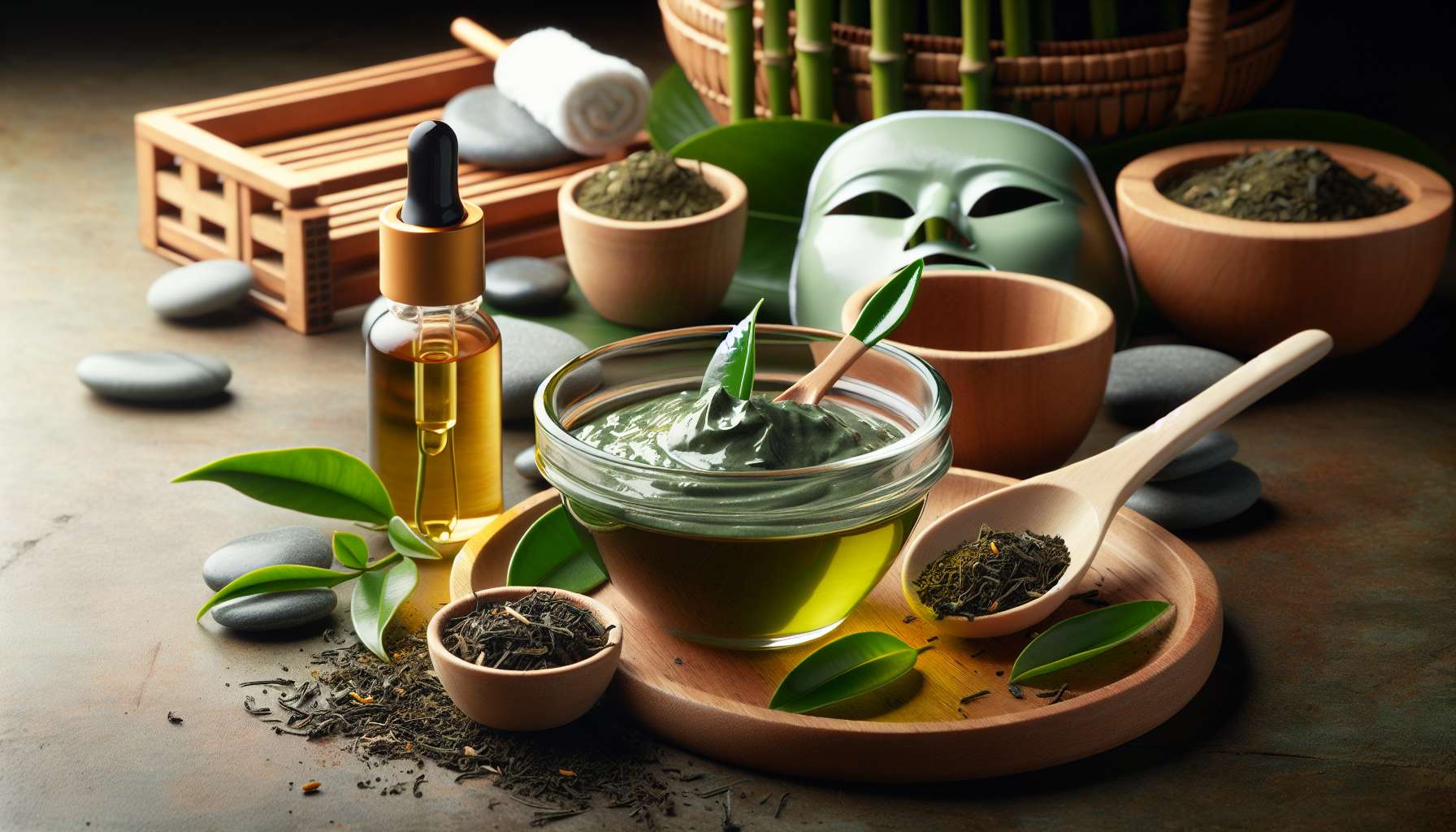Unlocking the Beauty Secrets: Essential Oils for Skin Care
When it comes to skincare, the quest for radiant, healthy skin is a journey that many individuals embark on. From creams to serums, the beauty industry offers a plethora of products promising to rejuvenate and revive the skin. However, amidst the sea of options, one natural remedy has stood the test of time essential oils. These potent plant extracts have been used for centuries for their nourishing, healing, and rejuvenating properties. In this comprehensive guide, we will delve deep into the world of essential oils for skin care, exploring their benefits, applications, and the science behind their effectiveness.
The Science Behind Essential Oils
Essential oils are concentrated liquids extracted from plants, capturing the plant’s scent, flavor, and beneficial properties. These oils are obtained through methods like distillation, cold pressing, or solvent extraction, preserving the plant’s aromatic compounds. Each essential oil contains a unique combination of active ingredients, such as antioxidants, antimicrobial agents, and anti-inflammatory compounds, which contribute to their therapeutic effects on the skin.
One of the key components of essential oils is their molecular structure, which allows them to penetrate the skin barrier and deliver their healing properties at a cellular level. When applied topically, essential oils can interact with the skin cells, promoting collagen production, improving skin elasticity, and reducing inflammation. Additionally, many essential oils have natural antibacterial and antifungal properties, making them effective in treating acne, eczema, and other skin conditions.
The Benefits of Essential Oils for Skin Care
Essential oils offer a wide range of benefits for skin health and beauty. From hydrating dry skin to reducing the signs of aging, these natural remedies can address various skin concerns effectively. Some of the key benefits of using essential oils for skin care include:
1. Hydration and Moisturization
Essential oils like jojoba oil, rosehip oil, and argan oil are rich in fatty acids and antioxidants that help nourish and hydrate the skin. These oils mimic the skin’s natural sebum, making them easily absorbed and suitable for all skin types. Regular use of these oils can help improve skin elasticity, reduce dryness, and restore the skin’s natural moisture barrier.

2. Anti-Aging Properties
Many essential oils are packed with antioxidants that help fight free radicals and prevent premature aging. Oils like frankincense, rosemary, and lavender can help reduce the appearance of fine lines, wrinkles, and age spots. Their rejuvenating properties promote cell regeneration and collagen production, resulting in firmer, more youthful-looking skin.

3. Acne Treatment
Essential oils like tea tree oil, lavender oil, and eucalyptus oil have powerful antibacterial and anti-inflammatory properties that make them effective in treating acne and blemishes. These oils can help unclog pores, reduce inflammation, and kill acne-causing bacteria, leading to clearer and healthier skin. However, it’s essential to dilute these potent oils before applying them to the skin to avoid irritation.

4. Soothing Irritated Skin
For those with sensitive or irritated skin, essential oils like chamomile, calendula, and helichrysum can provide relief and promote healing. These oils have anti-inflammatory and calming properties that can soothe redness, itching, and inflammation. Whether dealing with sunburn, eczema, or rosacea, these oils can help alleviate discomfort and restore the skin’s natural balance.

5. Brightening and Toning
Essential oils like lemon, orange, and grapefruit are known for their skin-brightening and toning properties. These oils contain natural acids and antioxidants that can help fade dark spots, even out skin tone, and improve overall skin texture. When used consistently, these oils can reveal a more radiant and glowing complexion.

Application of Essential Oils for Skin Care
When using essential oils for skin care, it’s essential to dilute them with a carrier oil like coconut oil, almond oil, or jojoba oil to prevent skin irritation. The recommended dilution ratio is typically 1-2% for facial oils and 2-5% for body oils, depending on the sensitivity of your skin. Essential oils can be applied directly to the skin, added to skincare products like serums and moisturizers, or used in aromatherapy treatments for a holistic approach to skincare.
Before using any essential oil, it’s crucial to perform a patch test to check for allergic reactions or sensitivity. Start by applying a small amount of diluted oil on the inner arm and wait 24 hours to see if any adverse reactions occur. If you experience redness, itching, or irritation, discontinue use immediately and consult a dermatologist.
Expert Opinions on Essential Oils for Skin Care
Leading skincare experts and dermatologists have recognized the benefits of essential oils for skin care and recommend their use in daily skincare routines. Dr. Ava Shamban, a renowned dermatologist, emphasizes the importance of using natural ingredients like essential oils to maintain healthy skin. She suggests incorporating oils like rosehip, argan, and lavender into your skincare regimen for optimal results.
Similarly, celebrity skincare guru Joanna Vargas advocates for the use of essential oils in skincare, citing their potent healing and rejuvenating properties. Vargas recommends oils like geranium, neroli, and ylang-ylang for their anti-aging and skin-brightening benefits.
Common Misconceptions about Essential Oils for Skin Care
Despite their numerous benefits, essential oils for skin care have also been surrounded by misconceptions and myths. One common misconception is that all essential oils are safe to use directly on the skin without dilution. In reality, many essential oils are highly concentrated and can cause skin irritation or allergic reactions if not properly diluted.
Another misconception is that essential oils are a one-size-fits-all solution for skin concerns. While essential oils can be beneficial for many skin types and conditions, it’s essential to choose oils that are suitable for your skin’s specific needs. Consulting with a skincare professional or dermatologist can help you select the right oils for your skin type and concerns.
Conclusion
Essential oils have emerged as powerful allies in the quest for healthy, radiant skin. Their natural, plant-based ingredients offer a gentle yet effective way to address a wide range of skin concerns, from hydration to anti-aging to acne treatment. By understanding the science behind essential oils and their benefits, individuals can harness the healing power of nature to achieve glowing, youthful skin.
Whether you’re dealing with dryness, blemishes, or signs of aging, essential oils can provide a holistic solution to your skincare needs. By incorporating these potent plant extracts into your daily skincare routine, you can unlock the beauty secrets hidden in nature and reveal your skin’s true potential.




